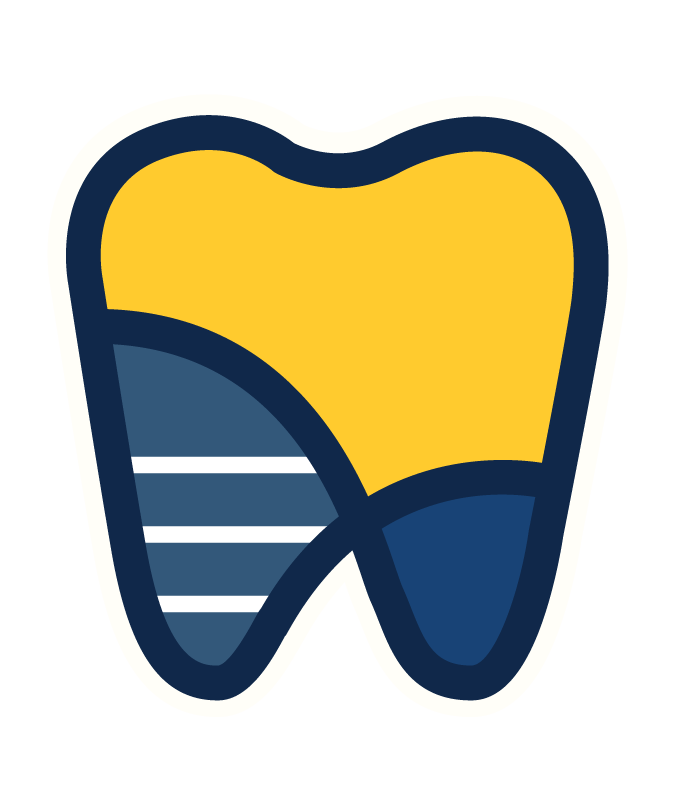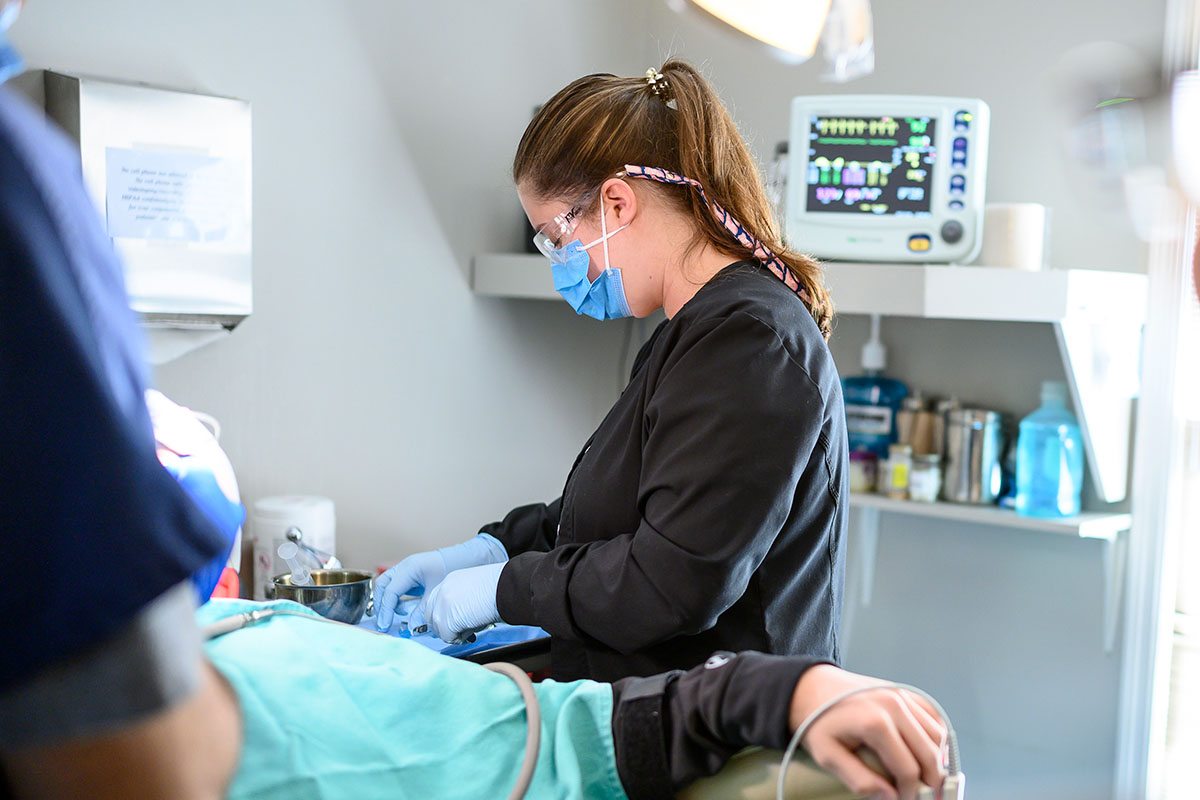If you’re looking to receive dental implants to replace missing teeth, there’s a chance that you may need to have a dental bone graft performed to make this tooth replacement option viable. Bone grafts work to add more healthy bone tissue to the area of the jaw where the implant will be placed. Following this surgery, you’ll need to take some time to recover. According to an oral surgeon, these are the five most important tips you should keep in mind during this healing process.
Be Patient, Stay Rested, and Avoid Tobacco/Nicotine
While you will probably be able to resume your normal daily activities after a few days, the bone graft will need a few months to properly fuse with your jawbone. Just like with any dedicated oral surgery, it’s vital that you get plenty of rest and avoid overexerting yourself immediately following your treatment. Resting in bed with your head slightly elevated will help your mouth heal. This can be done by propping up multiple pillows on top of each other while lying in bed.
Furthermore, just like with any dedicated oral surgery, it’s vital that you get plenty of rest and avoid overexerting yourself immediately following your treatment. Resting in bed with your head slightly elevated will help your mouth heal. This can be done by propping up multiple pillows on top of each other while lying in bed.
Finally, to prevent any hiccups in your recovery, you should avoid consuming tobacco or nicotine at all costs. Both of these substances can interfere with healing and negatively impact the fusion process. Not only can using tobacco make bleeding worse, but the last thing you want to do is introduce harsh chemicals to your treatment site or stimulate production of bad bacteria.
Take Medications as Prescribed
It’s common to take multiple kinds of medications following a dental bone graft, including antibiotics and painkillers. Antibiotics work to give your body extra protection against the risk of complications like infections. If an oral infection develops, it could compromise your graft and cause it to fail, so pay close attention to how frequently you should be taking your doses.
Additionally, while you shouldn’t feel any discomfort during your actual surgery, it’s normal to feel some mild discomfort as you heal. You’ll be instructed to take painkillers prescribed to you to alleviate these symptoms. If you notice swelling around your mouth, you can apply a cold compress to your cheek as well (this is particularly common during the first 24 hours after surgery).
Maintain Your Follow-Up Visits
Last but not least, staying on top of routine follow-ups with the oral surgeon you received the graft from is absolutely necessary. Your surgeon can ensure you’re healing correctly and address any issues before they cause you a serious problem. By committing to routine follow-ups, you set yourself up for success once it’s time to have your dental implant attached.
Everyone deserves a smooth recovery after a bone graft, and with these tips in mind, you can expect your aftercare to be comfortable as well.



